
Some people move through the day with quiet habits that help their inner world stay steady, even when small stresses begin to build. Those instincts appear subtle on the surface, yet they create a gentle buffer against emotional strain. Keep reading and notice the softer forms of self-protection that might already be shaping your life.
You Keep Mental Escape Routes In Conversations

When tension builds, some people instinctively look for lighter topics to shift the flow. They are not running away; they are managing the emotional weight before it becomes too much. This quick shift creates breathing room that keeps conversations manageable instead of overwhelming, letting them stay present without feeling trapped.
You Pick Seats That Let You See The Whole Room

You don’t sit with your back to the door because it feels like handing control away. Watching people walk in or drift out keeps you grounded. It turns the space into something you can read instead of react to, which brings a surprising amount of comfort.
You Feel Uneasy When Praise Feels Excessive

A little recognition feels great, but too much attention at once can make someone want to disappear. The spotlight gets uncomfortable when it lingers too long or shines too bright. This stepping back from endless compliments is not about rejecting kindness; it’s about finding a level of visibility that does not feel exposing.
You Decline Spontaneous Plans Without Emotional Prep
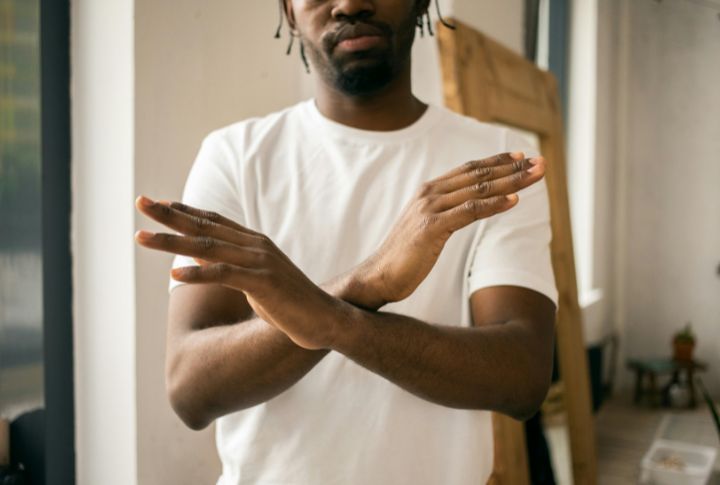
Last-minute invitations sound exciting until they collide with limited energy reserves. Some folks need to check in with themselves first before committing to anything unplanned. That brief pause prevents the strain of saying yes when they are not actually ready, which gives them control over how they spend their social battery.
You Stay Busy To Avoid Emotional Stillness

You treat quiet like an ambush zone. The moment things get calm, your brain sends you scrambling for chores or your phone to keep emotions from sneaking up. Activity becomes the shield that makes everything feel manageable again.
You Dislike Being Surprised By Personal Questions
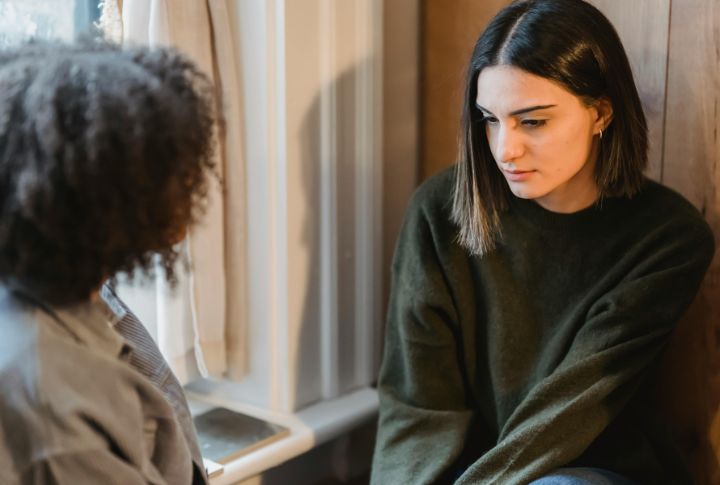
Deep questions without any buildup feel like someone just barged through a locked door. That instant hesitation does not show unfriendliness but just an internal assessment of whether trust has actually been established yet. This pause gives them time to decide if opening up right now feels safe or if boundaries need reinforcing instead.
You End Conversations That Drain Your Energy
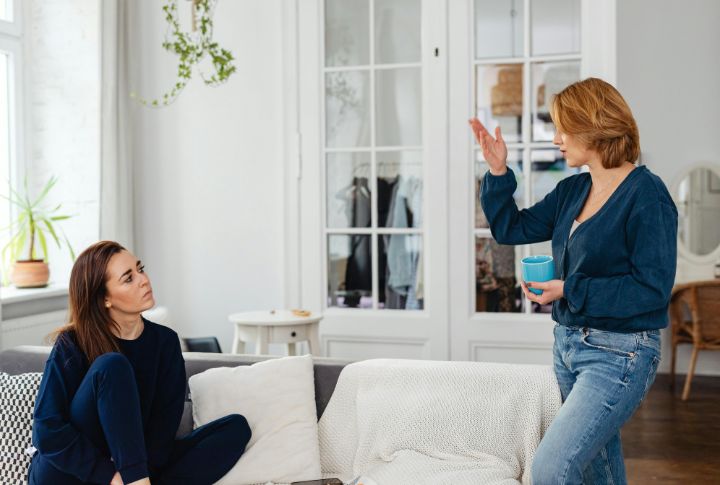
Certain exchanges leave a weight that lingers long after the talking ends, so noticing when a conversation drains more than it offers becomes an essential form of self-protection. Stepping away at the right time prevents heaviness from spreading into the rest of the day and maintains emotional balance.
You Prefer Expressing Opinions In Writing
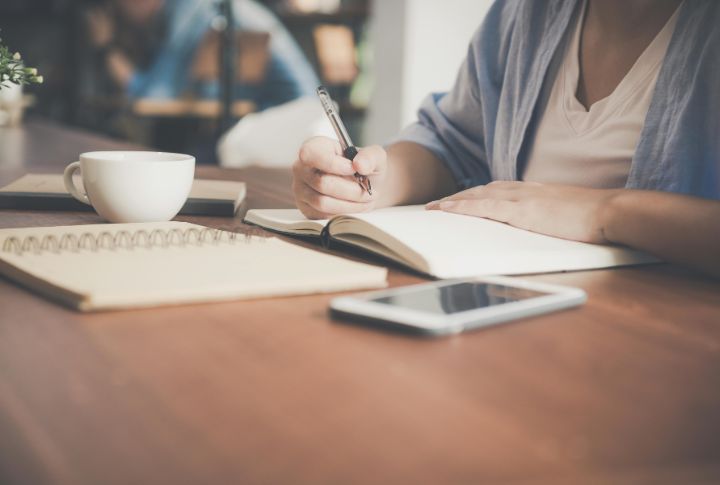
Live conversations often move faster than someone’s comfort level allows, so the pressure to respond immediately can feel unsettling. Written communication creates space for thoughts to form clearly before anyone reacts. That quiet pause gives a person the freedom to express their real meaning without worrying about instant judgment.
You Get Uncomfortable When Someone Mirrors You Too Closely
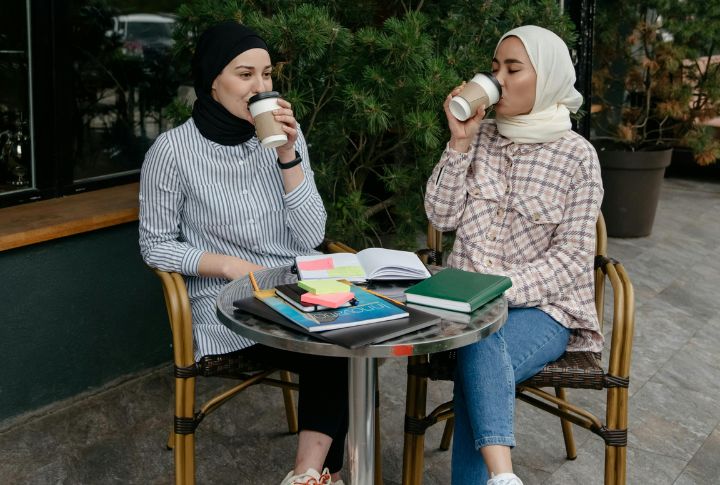
A bit of natural mirroring happens in good conversations, but excessive copying feels wrong from the start. When someone matches gestures or phrases too precisely, it stops feeling like a connection and starts resembling surveillance. Usually, people create distance to restore what felt crossed, whether by stepping back physically or shifting the conversation toward something less personal.
You Pick Low-Pressure Spots For Serious Talks
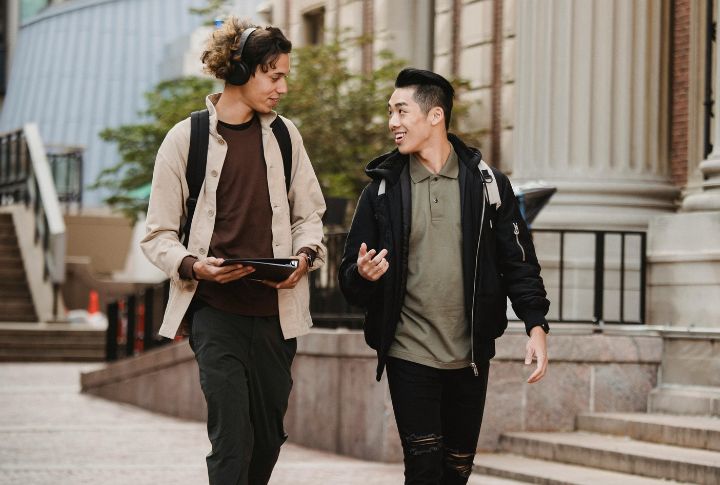
Hard conversations get easier when they happen in places where movement is possible, like during a walk or a car ride. Side-by-side positioning removes the intensity of sustained eye contact that face-to-face talks demand. The scenery and motion also draw attention to the complex topic, making vulnerability slightly more tolerable than it would be at a stationary table.

